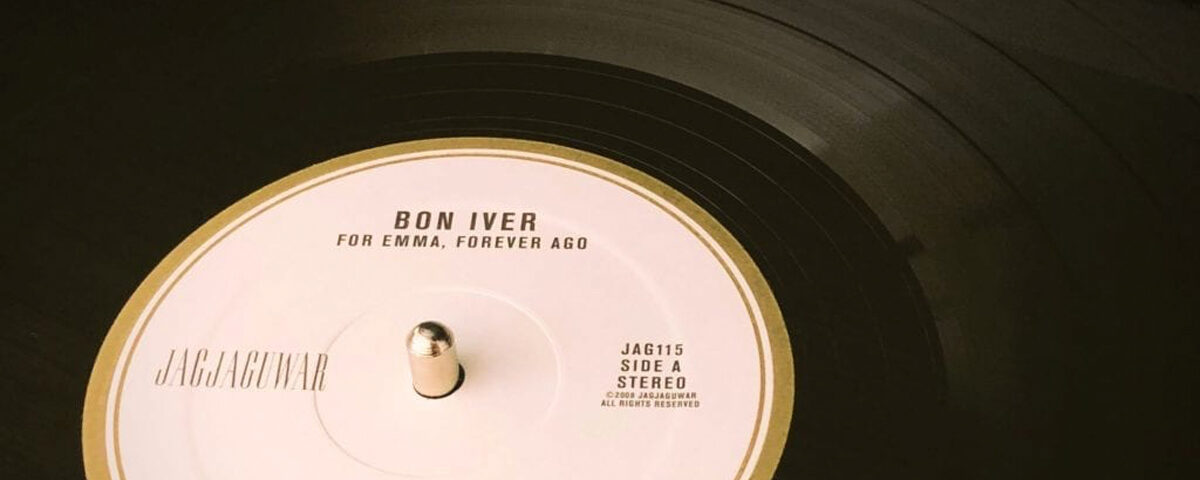DIY and Indie Recording – The Thriving Scene of Self-expression
In the ever-evolving landscape of the music industry, the DIY (Do-It-Yourself) and indie recording scene continues to thrive. Many artists, both established and emerging, are embracing the power of self-recording, self-production, and self-releasing their music. By utilizing affordable recording equipment, software, and online distribution platforms, these musicians are empowered to create and share their unique artistic vision without the traditional constraints of major labels and studios.
The rise of the digital age has played a significant role in democratizing the music industry. In the past, recording music was a costly endeavor, requiring access to professional studios, expensive equipment, and skilled engineers. As a result, many talented artists struggled to gain recognition or had to compromise their artistic vision to fit within the commercial constraints set by the industry gatekeepers. However, with advancements in technology and the widespread availability of affordable recording equipment, the barriers to entry have been significantly reduced.
One of the key factors driving the DIY and indie recording movement is the accessibility of high-quality recording equipment. In the past, artists had to rely on expensive analog consoles, tape machines, and outboard gear to achieve professional sound quality. Today, digital audio workstations (DAWs) like Pro Tools, Logic Pro, and Ableton Live offer a vast array of virtual instruments, effects, and mixing tools that can rival the sound of traditional studios. Additionally, affordable audio interfaces, microphones, and studio monitors have become more accessible, allowing artists to set up their own recording spaces without breaking the bank.
The availability of affordable recording equipment is complemented by the abundance of recording software that caters to various skill levels. Entry-level DAWs like GarageBand and Reaper provide a user-friendly interface and basic recording functionalities, making them ideal for beginners. As artists become more proficient, they can explore more advanced software options that offer greater flexibility and control over the recording process. With the right software, artists can experiment, iterate, and refine their creative ideas, allowing them to truly express themselves without external limitations.
In addition to recording and production tools, online distribution platforms have revolutionized the way music is shared and consumed. Gone are the days when artists had to rely solely on physical CDs or vinyl records to distribute their music. Now, platforms like Bandcamp, SoundCloud, and DistroKid enable artists to upload their songs, albums, or EPs directly to the internet, making them instantly available to a global audience. This direct-to-consumer approach eliminates the need for intermediaries, giving artists greater control over their music and allowing them to cultivate a dedicated fanbase on their own terms.
The DIY and indie recording scene not only empowers artists creatively, but it also offers them greater financial independence. Traditionally, artists had to sign with major record labels to gain access to distribution networks, marketing resources, and financial support. However, this often came at the cost of artistic control and a significant share of revenue. With self-recording and self-releasing, artists can retain ownership of their music and retain a more substantial portion of their earnings. They can choose to reinvest their profits into their art, fund future projects, or even support charitable causes that align with their values.
Moreover, the DIY and indie recording movement has fostered a sense of community and collaboration among artists. Online forums, social media groups, and virtual communities have become spaces where musicians can connect, share knowledge, and offer support to one another. Artists can exchange tips and tricks, seek feedback on their work, or collaborate on projects, thus enriching the overall quality and diversity of the music being created. This collective spirit of mutual support and encouragement has contributed to the exponential growth of the DIY and indie recording scene.
Of course, the DIY and indie recording scene also presents its own set of challenges. Without the backing of a major label, artists often have to take on multiple roles, such as songwriter, performer, producer, sound engineer, marketer, and promoter. Juggling these responsibilities can be overwhelming and time-consuming, potentially diverting attention away from the creative process itself. Additionally, standing out in a crowded digital landscape can be daunting, as artists must navigate through the noise and find innovative ways to capture the attention of listeners.
However, despite these challenges, the DIY and indie recording scene continues to flourish. It serves as a testament to the power of artistic self-expression and the unwavering dedication of musicians to create meaningful and authentic music. The democratization of recording technology and the rise of online platforms have provided a platform for artists to share their voices, stories, and emotions with the world on their own terms.
As technology continues to advance, it’s likely that the DIY and indie recording scene will continue to evolve and redefine the music industry. Artists will continue to push the boundaries of creativity, experimenting with new sounds and production techniques. The continued growth of online communities will foster even more collaboration and cross-pollination of ideas, resulting in the emergence of new genres and subcultures.
In conclusion, the DIY and indie recording scene represents a vibrant and thriving movement within the music industry. It offers artists the freedom to express themselves authentically, free from the constraints of major labels and traditional recording studios. With affordable recording equipment, accessible software, and online distribution platforms, musicians have the tools they need to bring their creative visions to life and connect with audiences worldwide. As technology and opportunities continue to expand, the DIY and indie recording scene will undoubtedly remain a driving force of innovation, artistic exploration, and self-empowerment in the music industry.

